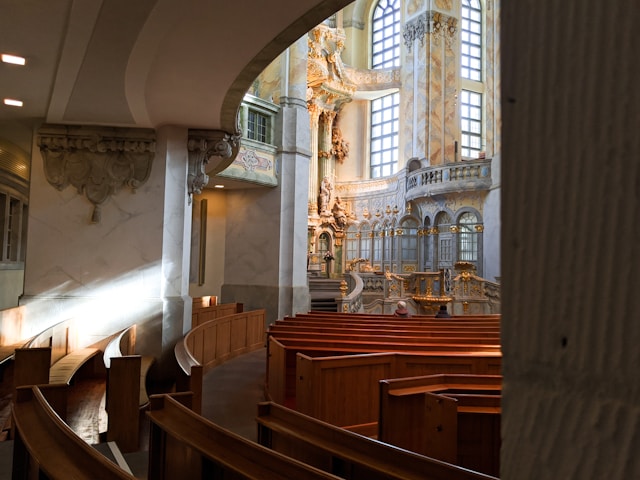Your cart is currently empty!
Unveiling the Southern Baptist Convention: A Comprehensive Guide

Introduction
The Southern Baptist Convention (SBC) is the largest Protestant denomination in the United States, boasting over 13 million members in over 47,000 churches. Founded in 1845, the SBC has played an influential role in American religious and political life, and continues to be a significant force today.
History and Beliefs
Formation and Early History
The SBC was formed in response to theological disputes over slavery, missions, and the role of centralized authority within the Baptist tradition. Conservative Baptists, who opposed the influence of liberal denominations like the American Baptist Foreign Mission Society, sought to establish an independent organization that adhered to their fundamentalist beliefs.
Core Beliefs
The SBC’s beliefs are rooted in the Bible, which it considers to be the infallible Word of God. The denomination affirms the sovereignty of God, the sinfulness of humanity, the need for personal salvation through faith in Jesus Christ, and the importance of evangelism and missions.
Organization and Structure
Leadership and Governance
The SBC is governed by a decentralized system of representative government. Delegates from each local church form the Convention, which meets annually to elect officers, adopt resolutions, and conduct business. The Convention’s president holds a largely ceremonial role, while the Executive Committee serves as the denomination’s primary governing body.
Affiliated Organizations
The SBC supports a wide range of affiliated organizations, including:
* International Mission Board (IMB): Responsible for missions and evangelism outside the United States.
* North American Mission Board (NAMB): Focuses on church planting, evangelism, and ministry within the United States.
* LifeWay Christian Resources: Provides educational materials, resources, and publishing services to churches and individuals.
* Ethics & Religious Liberty Commission (ERLC): Advocates for religious freedom and promotes biblical ethical values in society.
Controversies and Challenges
Biblical Inerrancy and Creationism
The SBC has faced criticism for its strong stance on biblical inerrancy and the literal interpretation of the creation account in Genesis. This has led to debates within the denomination over the role of science and the compatibility of faith with modern scientific theories.
Sexual Abuse Crisis
In recent years, the SBC has been rocked by a sexual abuse crisis, with allegations of misconduct and cover-ups involving pastors and church leaders. The denomination has taken steps to address this crisis, including creating a database of credibly accused ministers and adopting a resolution to strengthen accountability and victim support.
Political Involvement
The SBC has a long history of political involvement, particularly in conservative causes. The denomination has endorsed Republican candidates and advocated for policies such as anti-abortion legislation and school choice. This political involvement has sometimes drawn criticism from those who argue that the church should remain separate from politics.
Current Status and Trends
Membership and Church Planting
While the SBC has seen a slight decline in membership in recent years, it remains a major force in American religion. The denomination continues to prioritize church planting, particularly in underserved areas, as a way to reach new believers and expand its influence.
Diversity and Inclusion
The SBC has faced increasing calls for greater diversity and inclusion within its ranks. The denomination has made efforts to reach out to minority churches and has adopted resolutions affirming the value of racial and ethnic diversity in the church.
Ecumenical Relationships
The SBC has traditionally maintained a somewhat isolationist stance towards other denominations, but it has recently begun to engage more actively in ecumenical dialogue and cooperation. It has established partnerships with other evangelical organizations and participated in joint initiatives with mainline Protestant denominations.
Conclusion
The Southern Baptist Convention remains a complex and influential religious organization, playing a significant role in American society. While it has faced challenges and controversies along the way, the SBC continues to adapt and evolve, seeking to fulfill its mission of proclaiming the gospel and making disciples. As it navigates the complexities of the 21st century, the SBC will undoubtedly continue to shape the religious and cultural landscape of the United States.